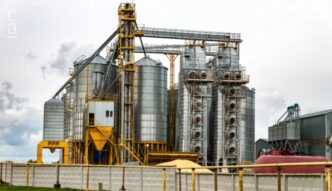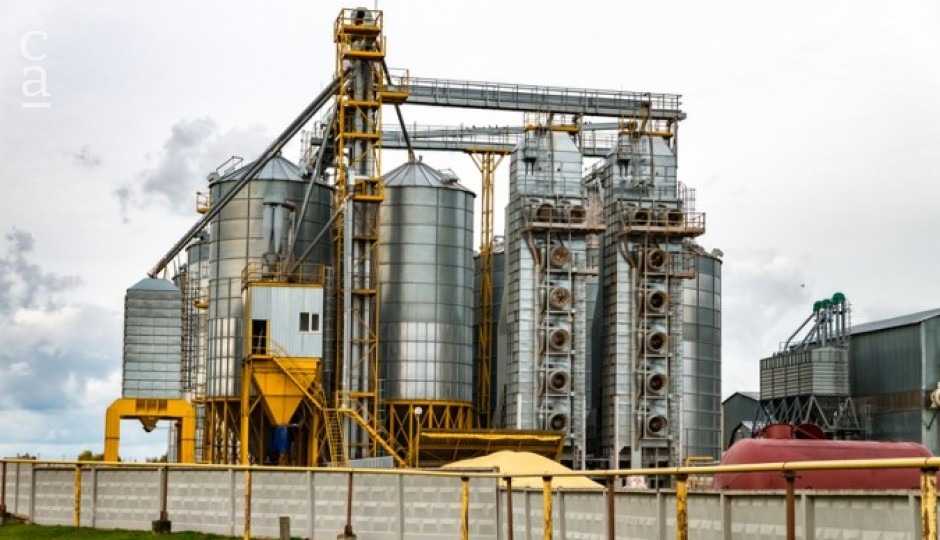In a landmark move to drive economic transformation and ensure food security, Nigeria has launched Special Agro-Industrial Processing Zones (SAPZ) across eight states. This $538 million initiative, supported by the African Development Bank and other global partners, is designed to revolutionize the country’s agriculture sector by creating inclusive agro-industrial hubs.
The zones aim to modernize farming by linking production, processing, and distribution under one ecosystem. They will be developed in Abia, Ogun, Oyo, Kaduna, Kano, Kwara, Cross River, and the Federal Capital Territory. Each zone is expected to stimulate rural economies, reduce food imports, and attract private investment in agri-business.
By facilitating infrastructure such as roads, water, power, and storage, the project is poised to tackle the challenges of post-harvest losses and poor market access faced by smallholder farmers. More than 1.5 million jobs are projected to be created over the next few years, according to government sources.
President Bola Tinubu described the SAPZ initiative as a turning point for Nigeria’s agricultural landscape, with a focus on empowering youth, improving nutrition, and boosting non-oil exports.
Nigeria’s agro-industrial zones mark a critical step toward transforming agriculture from subsistence to a value-driven industry. As Africa’s most populous country continues to diversify its economy, the success of these zones could serve as a blueprint for sustainable development across the continent.
Read also: Gunmen Kill 52 in Nigeria’s Plateau State Amid Rising Violence













